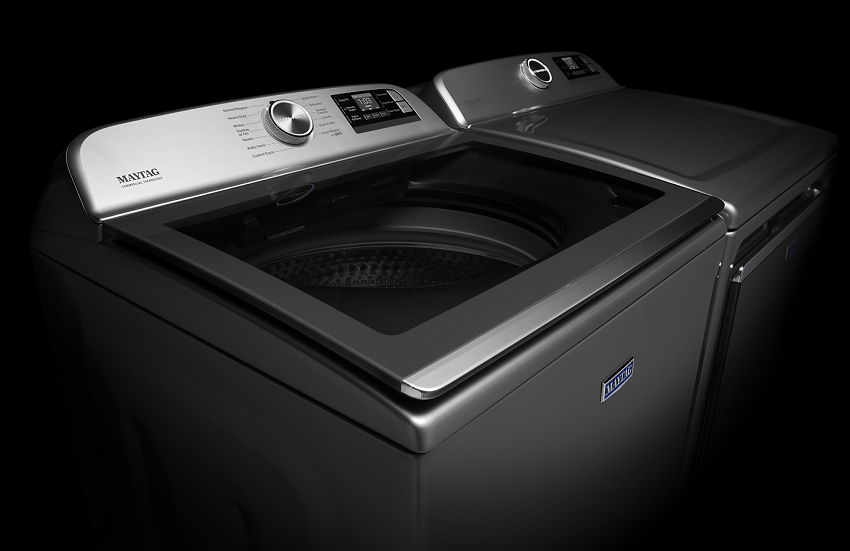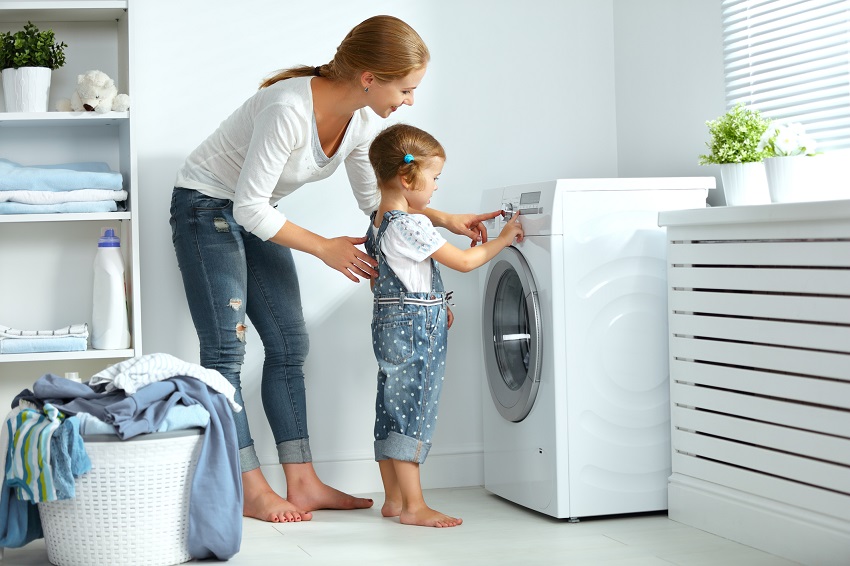
19 Jul Which Washer Uses Less Electricity?
When it comes to household appliances, finding energy-efficient options is not only beneficial for the environment but also for your wallet. One appliance that consumes a significant amount of energy is the washer. With various types and models available in the market, it’s important to understand which washer uses less electricity. In this article, we will explore different types of washers and provide insights into their energy efficiency. By the end, you’ll have a clear understanding of the most energy-efficient washer for your needs. The content is presented by https://sevenfrigo.net/
Introduction to Washers
Washers, commonly known as washing machines, are essential appliances for any modern household. They automate the process of cleaning clothes, saving time and effort. There are primarily two types of washers: top-loading washers and front-loading washers.
Top-Loading Washers: Energy Consumption and Efficiency
Top-loading washers are the traditional and most common type of washer found in households. They are known for their convenience and ease of use. However, when it comes to energy consumption, top-loading washers tend to use more electricity compared to front-loading washers. The reason behind this is the design and operation of top-loading washers, which typically require more water and energy to operate efficiently. This is why many people are switching to more economic washing machines, such as front-loading models that use less water and energy.
Front-Loading Washers: Energy Efficiency at its Best
Front-loading washers have gained popularity in recent years due to their superior energy efficiency. These washers utilize a horizontal drum design that requires less water and energy to wash clothes effectively. Front-loading washers also spin at higher speeds, resulting in better water extraction and shorter drying times. Overall, front-loading washers are known for their energy-saving capabilities, making them a great choice for eco-conscious individuals.
Energy Star Ratings and Labels
When shopping for an energy-efficient washer, it’s essential to look for the Energy Star label. Energy Star is a certification program that identifies appliances with superior energy efficiency. Washers with the Energy Star label have been independently tested and verified to meet strict energy efficiency criteria. By choosing an Energy Star-certified washer, you can significantly reduce your electricity consumption and save money on utility bills.
Other Factors Affecting Energy Efficiency
Apart from the type of washer, several other factors can impact energy efficiency. Here are some important considerations to keep in mind:
Load Capacity
Choosing a washer with an appropriate load capacity for your needs is crucial. Overloading the washer not only affects its cleaning performance but also increases energy consumption. Select a washer size that matches your typical laundry load to maximize efficiency.
Water Temperature and Wash Cycles
Washers offer different temperature settings and wash cycles. Using hot water and longer wash cycles consumes more electricity. Opting for lower temperature settings and shorter wash cycles can significantly reduce energy consumption without compromising cleaning performance.
Advanced Features and Technologies
Some washers come equipped with advanced features and technologies that enhance energy efficiency. Examples include sensors that adjust water levels based on the load size and automatic load detection to optimize water and energy usage. Consider these features when choosing a washer to maximize energy savings.
Conclusion
When it comes to choosing a washer that uses less electricity, front-loading washers outperform top-loading washers in terms of energy efficiency. Their innovative design and operational features contribute to significant energy savings over time. Remember to look for the Energy Star label when purchasing a washer to ensure you’re selecting a model that meets strict energy efficiency standards. By considering factors such as load capacity, water temperature, and advanced features, you can further enhance the energy efficiency of your washer.
FAQs (Frequently Asked Questions)
- Are front-loading washers more expensive than top-loading washers?
No, front-loading washers may have a higher upfront cost, but their energy-saving capabilities can result in long-term cost savings on utility bills.
- Can I use any detergent with front-loading washers?
Yes, you can use regular detergent with front-loading washers. However, it’s recommended to use high-efficiency (HE) detergents for better performance and to prevent excessive sudsing.
- Are all top-loading washers energy inefficient?
Not all top-loading washers are energy inefficient. However, compared to front-loading washers, they tend to consume more electricity due to their design and operational requirements.
- Do front-loading washers have shorter washing times?
Front-loading washers generally have longer washing times compared to top-loading washers. However, their higher spin speeds result in better water extraction, reducing drying times.
- Can I stack a dryer on top of a front-loading washer?
Yes, most front-loading washers are designed to be stackable with a compatible dryer. This can be a space-saving option for laundry rooms with limited space.

No Comments